2Department of Internal Medicine ,Tekirdağ Namık Kemal University, Faculty of Medicine, Tekirdağ, Türkiye
Dear Editor,
Ulcerative colitis (UC) is a chronic, idiopathic inflammatory disease affecting the colon. Mucosal inflammation starts in the rectum and 5-aminosalicylic acid, steroids, immunosuppressants, immunomodulators, and biological agents are used in the treatment. 1-3 In this study, we present a patient with UC who was started on methylprednisolone during the exacerbation period, used high-dose steroids for 5
years, and developed adrenal insufficiency.
A 45-year-old female with bloody-mucous diarrhea 20 times per day and cramping abdominal pain had been diagnosed with active UC (pancolitis) in 2015, and she was started on mesalazine 4000 mg/day. In 2017, during the control colonoscopy, moderate-severe activity was observed. Hence, oral 48 mg of methylprednisolone and mesalazine enema were added to the treatment. A follow-up appointment was recommended after 3 months.
The patient who did not have any complaints and felt well, did not go to the follow-up and used 3000 mg/day of mesalazine and 32 mg of methylprednisolone in a day for 5 years. She was admitted to the gastroenterology outpatient clinic due to the recent
increase in her fatigue. Her pulse rate was 92/min and her blood pressure was 130/80 mmHg. Her height was 160 cm, weight was 67 kg, and body mass index was 26, and her clinical examination revealed moon face and body hair growth. Laboratory investigations revealed hemoglobin levels of 10.1 g/dL, C-reactive protein of 2 mg/dL, white blood cell count of 10.1 × 103/μL, and albumin of 4.5 g/dL. Morning basal fasting cortisol was 0.57 μg/dL in the patient who took the last steroid dose 1 day ago. Complications of steroid use due to long term such as adrenal insufficiency, weight gain, body hair growth, and osteopenia were observed in the patient, and it was planned to reduce the dose of methylpredinzolon and start concomitant hydrocortisone treatment.
Corticosteroids are the first choice for achieving remission in moderate-to-severe UC.3 As in our case with patients using uncontrolled long-term steroids, well-known adverse effects of systemic corticosteroid use include osteoporosis, cardiovascular disease, impaired immune response and wound healing, alterations in glucose and lipid metabolism, and psychiatric disturbances.4,5 During periods of steroid use, patients should be warned about all these metabolic risks and precautions, and they should be followed up regularly.
This case is important for a number of reasons. First, in the COVID pandemic, the patients were hesitant to apply to the hospital and remained uncontrolled. Second, in the management of UC, the duration and side effects of corticosteroid therapy should be clearly explained to the patients.

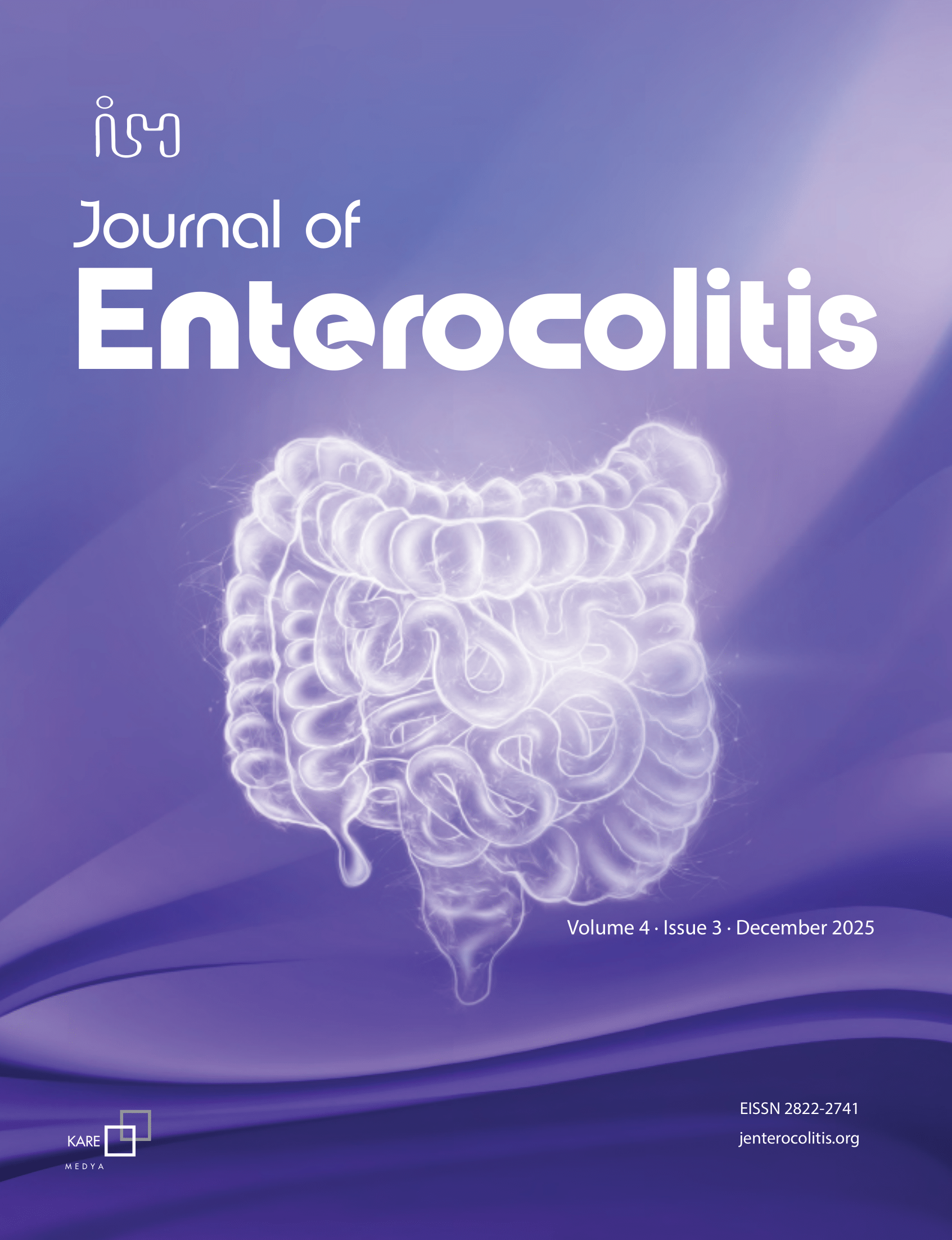
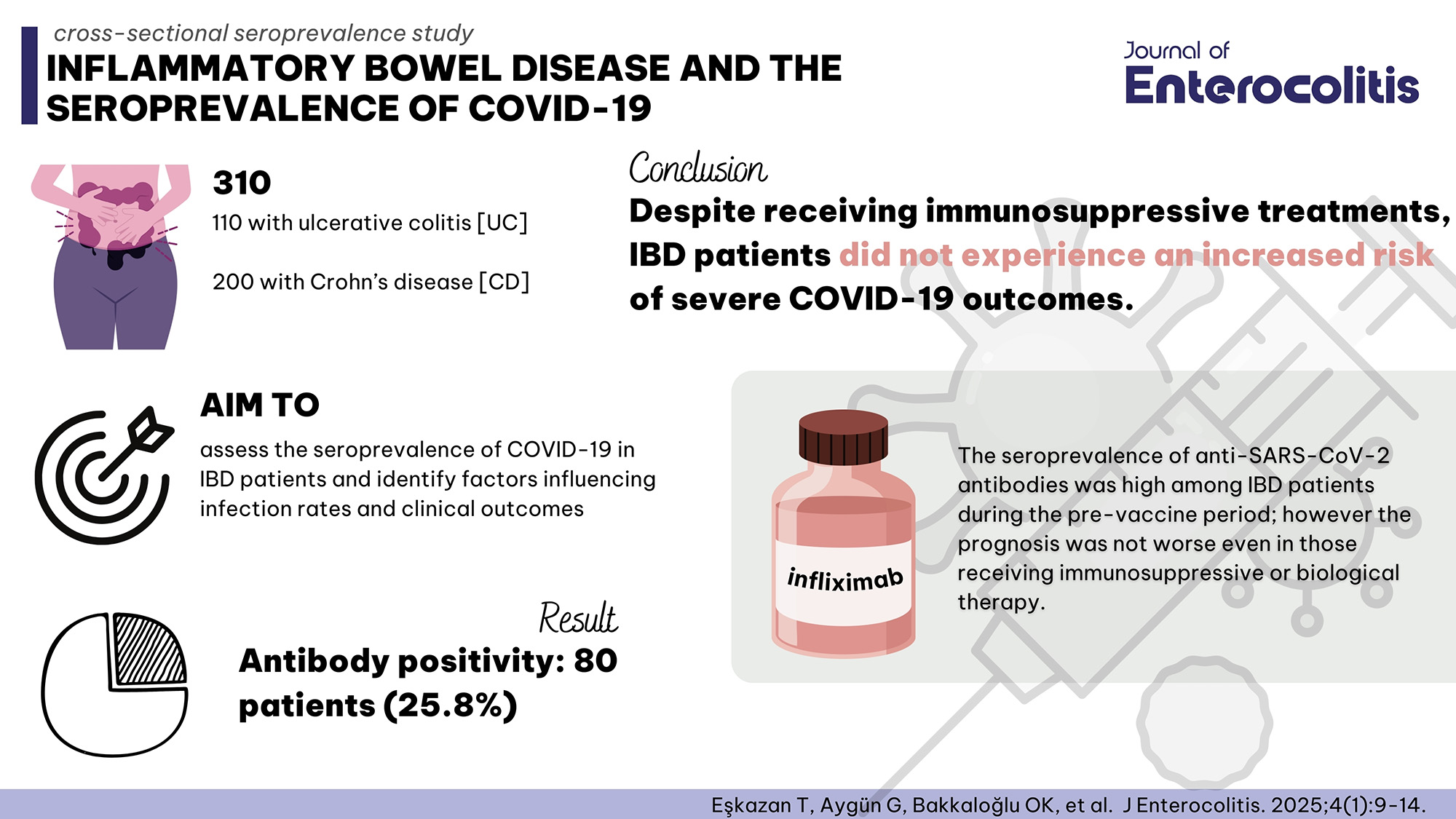

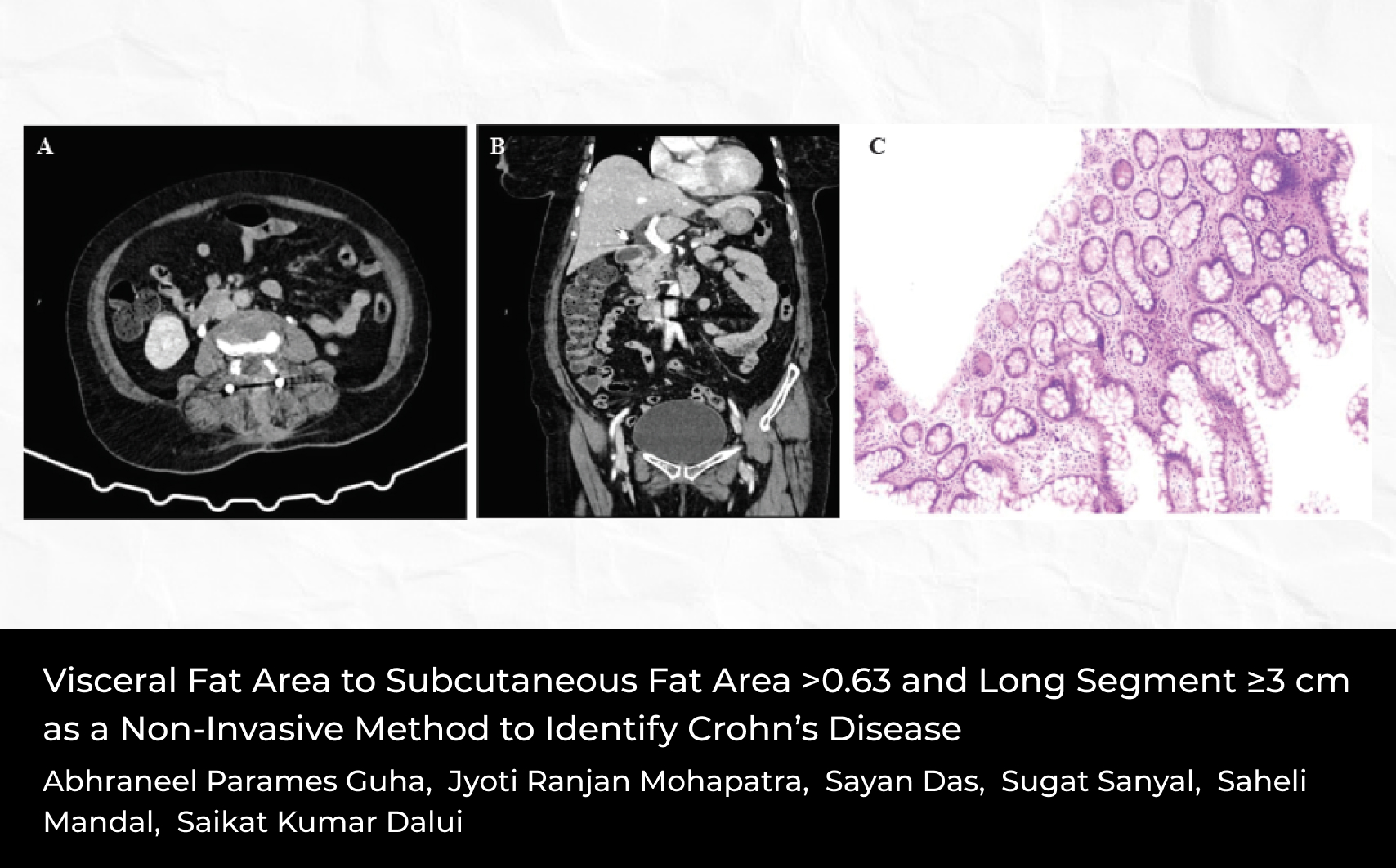
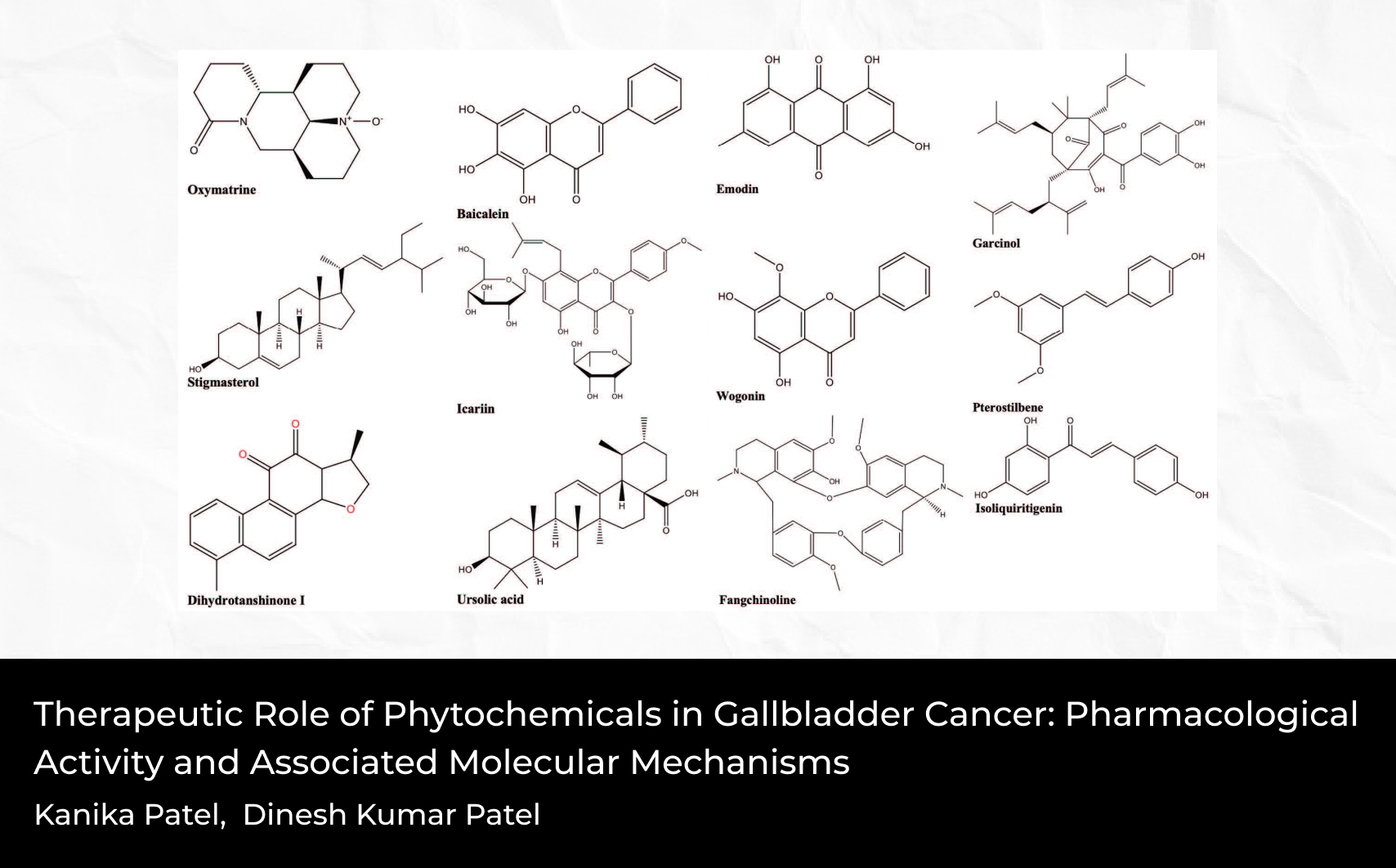
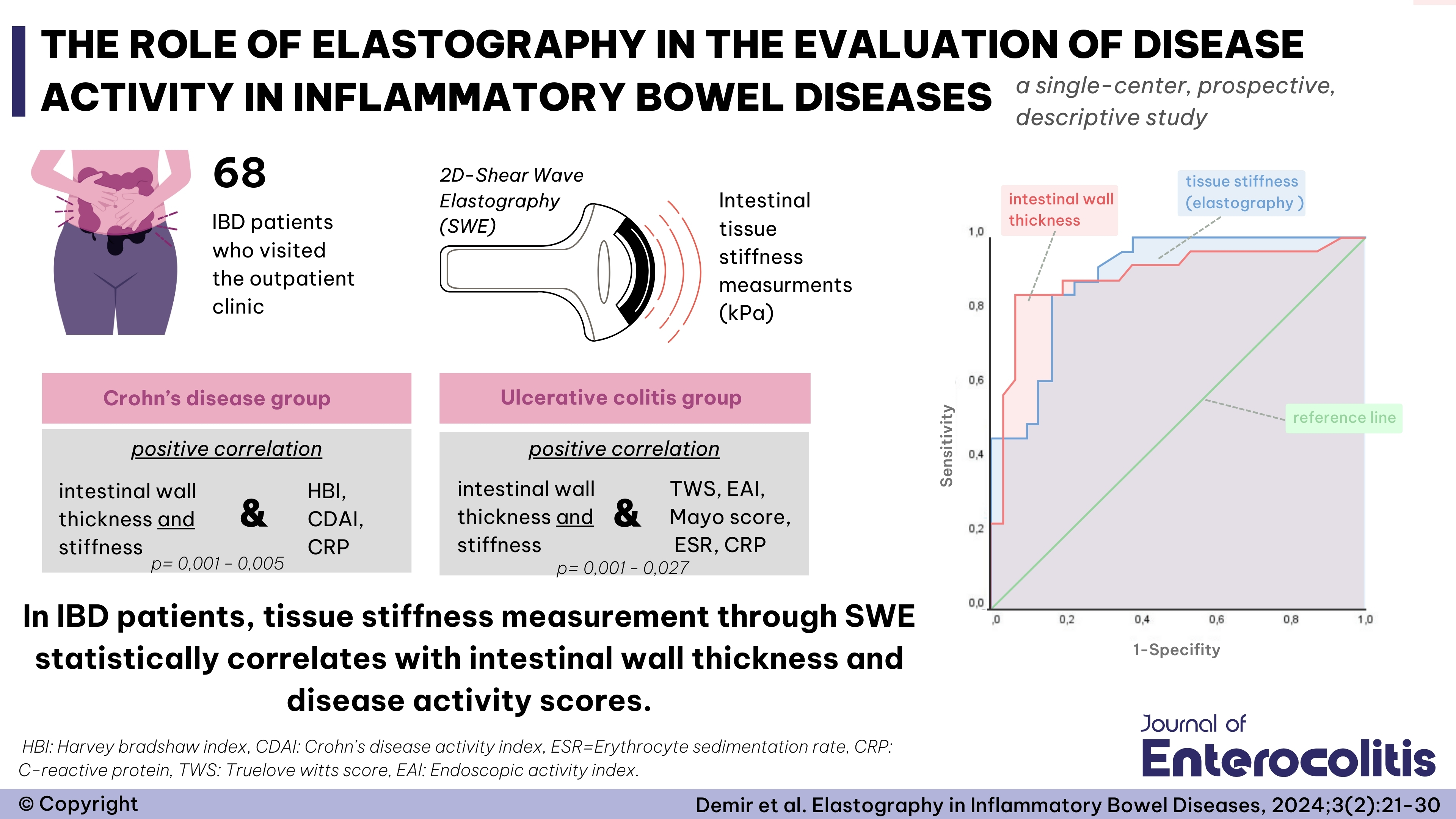

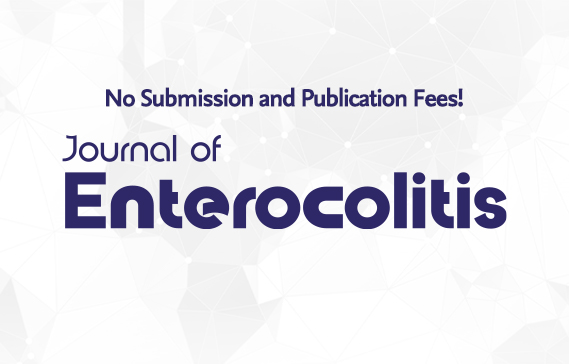
 Nurten Türkel Küçükmetin-
Nurten Türkel Küçükmetin- 






